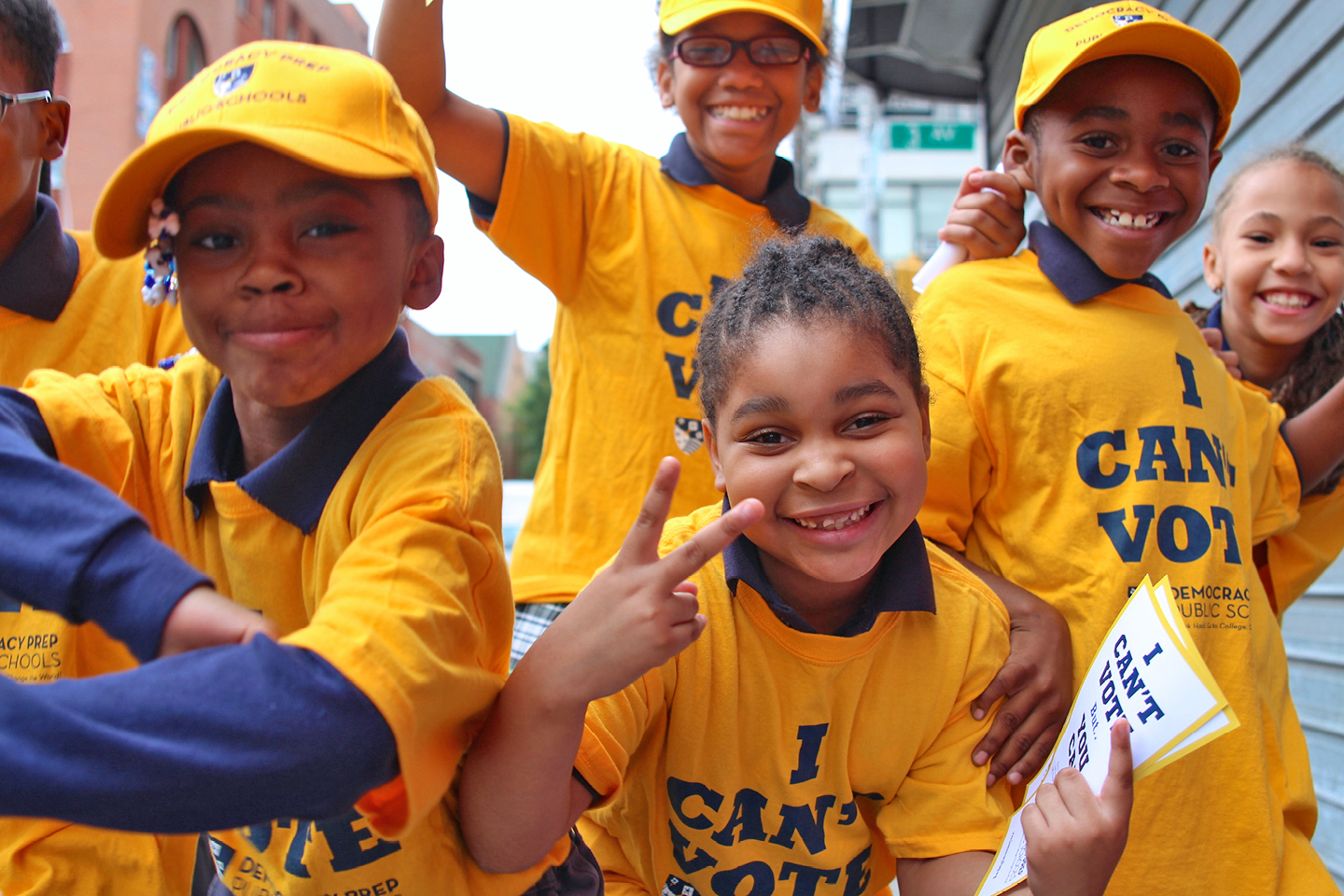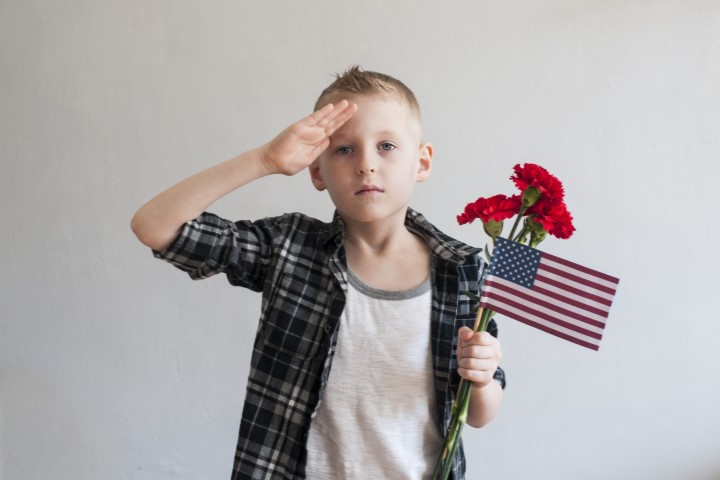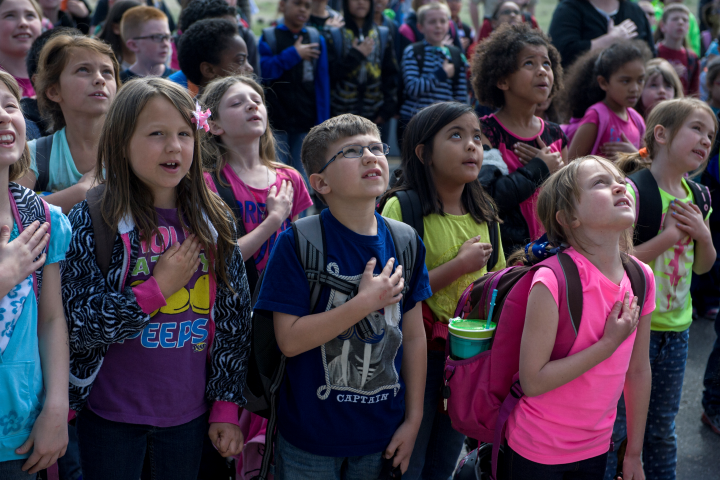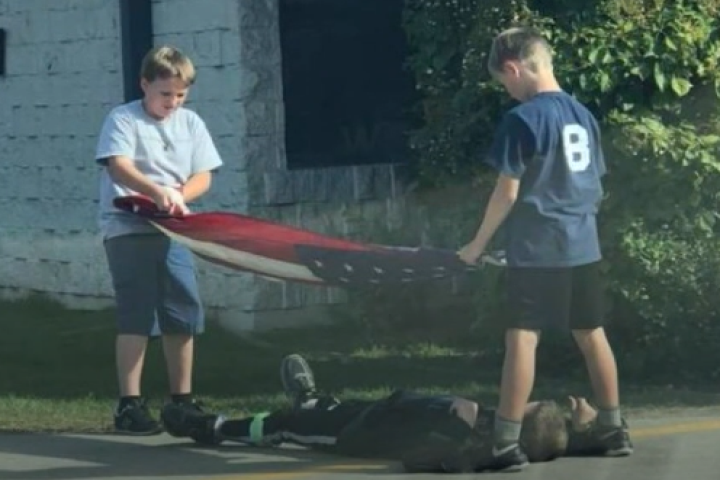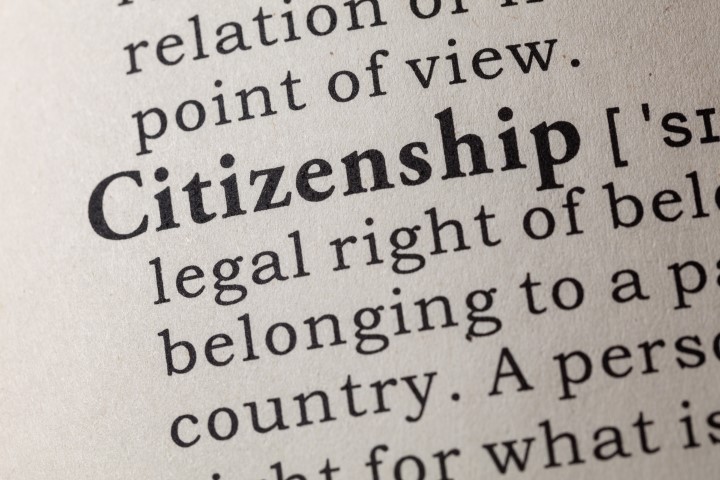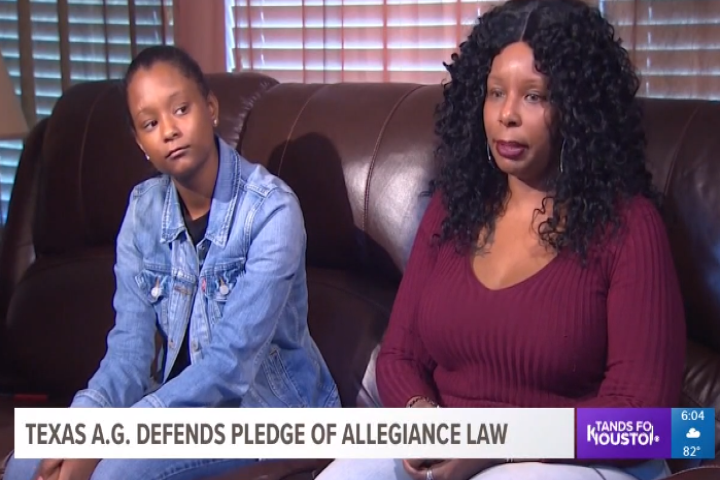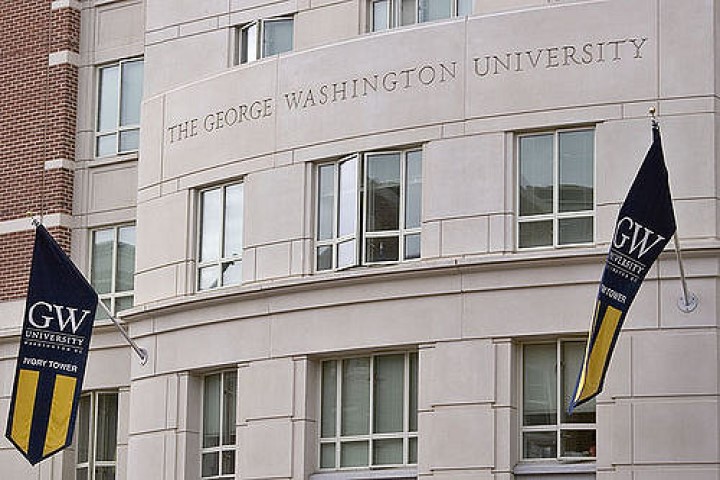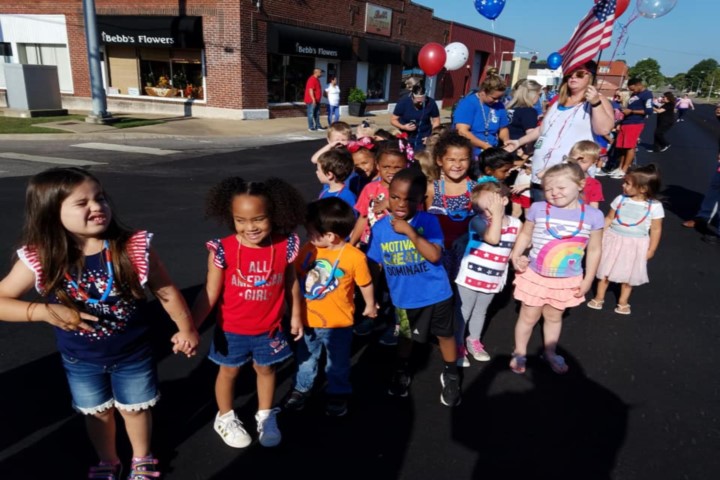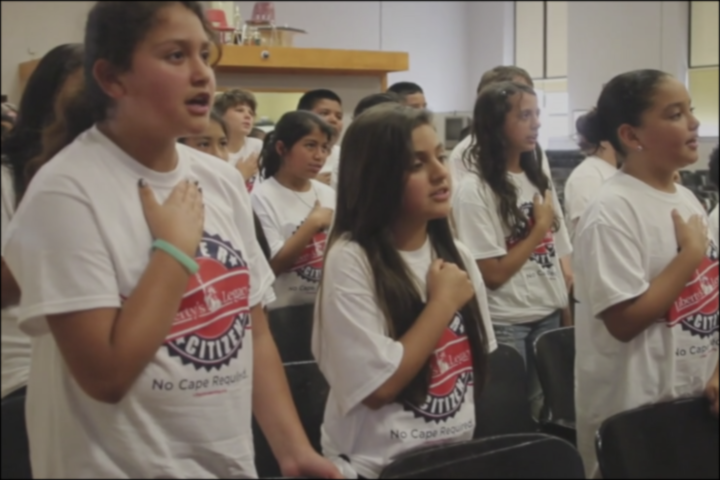This article was originally published on October 26, 2017. It has been slightly edited for length.
Except for small groups of hermits, found here and there throughout human history, most human persons have lived in community since the earliest times. Perhaps it was first necessary for survival, but throughout the ages humans have formed communities and lived social lives for comfort and fulfillment.
Customs, manners, and laws must be established if communities are to survive and flourish. Humanity’s ascent is flush with examples of evolving methods, meaning, and sophistication of humans in community. “Habits of the heart . . . [are] the sum of ideas that shape mental habits . . . the whole moral and intellectual state of a people,” claimed Alexis de Tocqueville. Citizenship is a practical response to the needs of each and every community.
But there is another aspect to add. If we are not fully human except in community, not selves except in relation to other selves (as Charles Taylor, Robert Bellah, David Riesman, and many other thinkers argue), then how we engage with others is essential to our humanity. If we understand ourselves through relationships, then how we order our relationships is of critical importance.
Finally if we are to truly embrace and sustain the principles of an advanced democracy, we must realize that there can be no democracy without the collective energies and coherent engagement of persons living in the democracy. Citizenship embraces the multi-faceted behaviors, relationships, and commitments necessary for civil society to function and for human persons to fully flourish. It is essential that we afford our youth the opportunities to understand deeply these principles and to begin to explore how they will engage as full-fledged members of a civil society. Equipping our young with the concepts that underpin these dual objectives of human flourishing and engagement in the common good is the work of forming good citizens in the fullest sense.
Two things are required to accomplish this work—and schools play a vital role in their realization. First, individuals need to understand themselves as selves entering the public square. Second, they need to understand what it means to participate actively in the communities in which they are engaged.
Educators tasked with this developmental responsibility must first make sense of their own relationship to the common good and their communities. This process of discovery will yield insights into how a human person forms attachments and the individual strengths necessary to fully participate, properly serve, and ultimately to exercise the rights and responsibilities of full citizenship.

